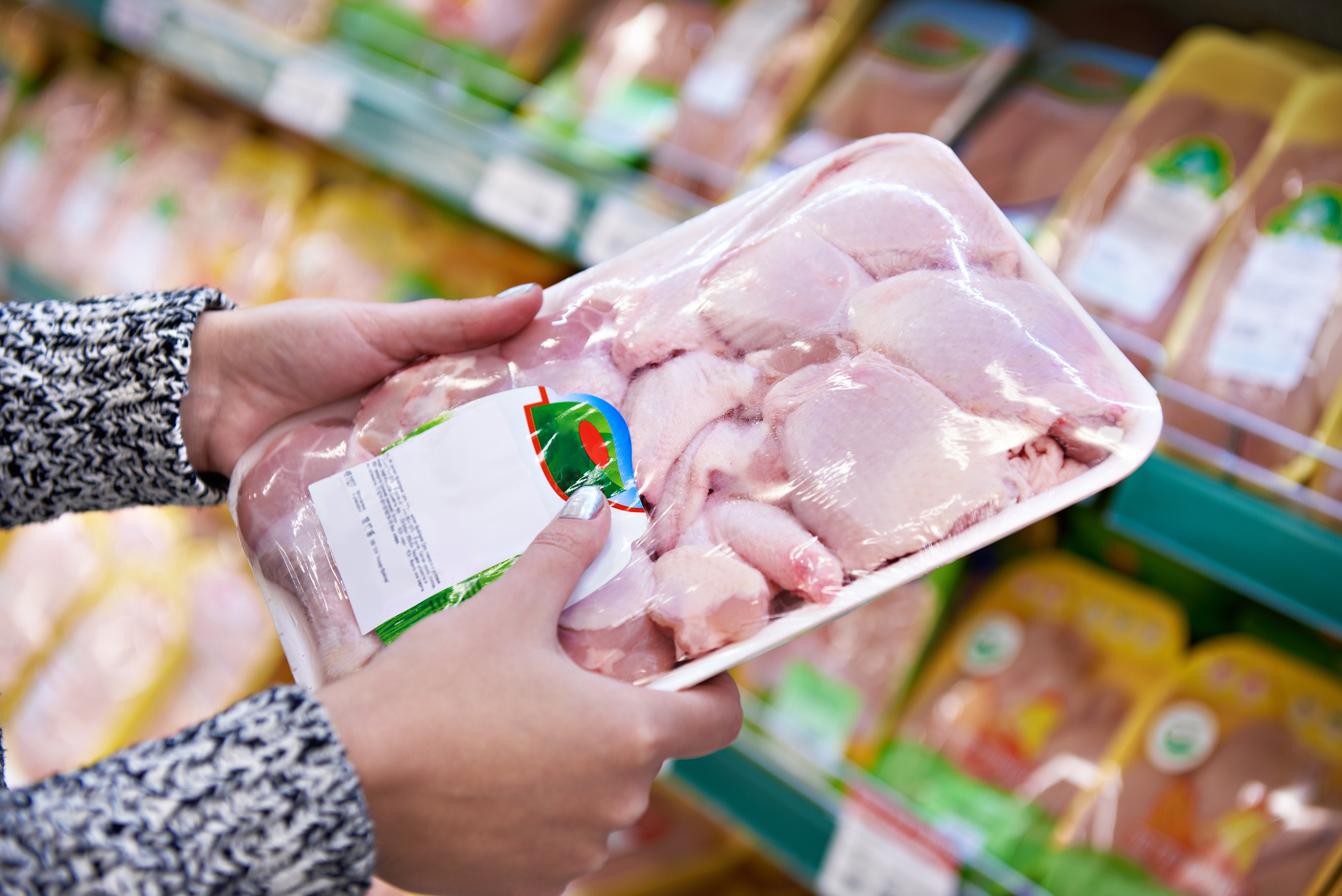



Shares in Tyson drop as quarterly sales come in below estimates
Tyson Foods reported lower-than-expected first quarter sales on 11 February, citing weak meat demand at restaurants during COVID-19, sending shares down by as much as 7.5%.Reuters reports that the biggest US meat company by sales expects demand will improve as COVID-19 vaccinations prompt people to eat out more often. So far, though, increased meat sales at grocery stores have not been enough to offset the decline at food-service businesses.
Shares were last down about 5.6% at $65.40.


Tyson's total quarterly sales volumes dropped 4.4% from a year earlier, including a 7% decline in chicken, according to the company. It faces additional challenges from surging costs for corn and soy, which are used for animal feed, and from a shortage of truck drivers, executives said.
US corn futures this week reached their highest price since June 2013 as strong export demand is expected to drain US stockpiles to the smallest in seven years.
"The change in pricing in grains has been nothing less than enormous, and that is going to weigh on the business," Chief Financial Officer Stewart Glendinning told analysts on a call.
Higher chicken and pork prices helped offset declines in sales volumes, according to Tyson. Overall sales fell about 3% to $10.46 billion in the quarter, missing a Refinitiv IBES estimate of $10.84 billion.
Net income attributable to Tyson fell nearly 8% to $467 million, or $1.28 per share, in the three months ended 2 January Excluding items, it earned $1.94 per share, handily beating expectations of $1.49.
Tyson, the maker of Ball Park hotdogs and Jimmy Dean sausages, raised by about 33% its estimate for fiscal 2021 pandemic-related costs, such as COVID-19 testing and protective equipment for employees, to $440 million.
Its chicken plants are still struggling with labour, Glendinning said, after COVID-19 outbreaks temporarily shut some US slaughterhouses last spring.
"Higher levels of absenteeism and turnover have created inefficiency in our operations," Glendinning said. "They leave us short of team members to fully staff our plants and also drive higher levels of overtime pay."









